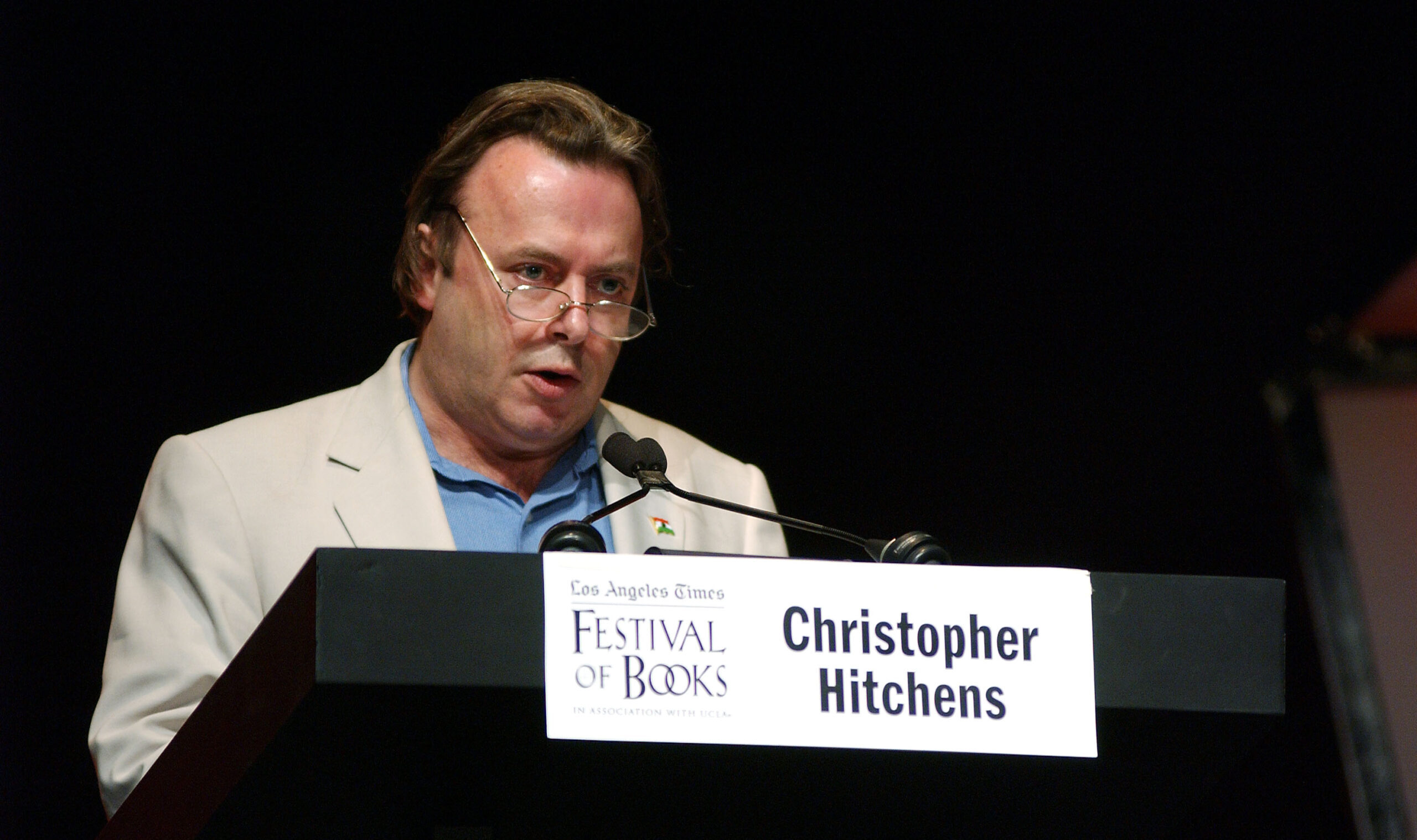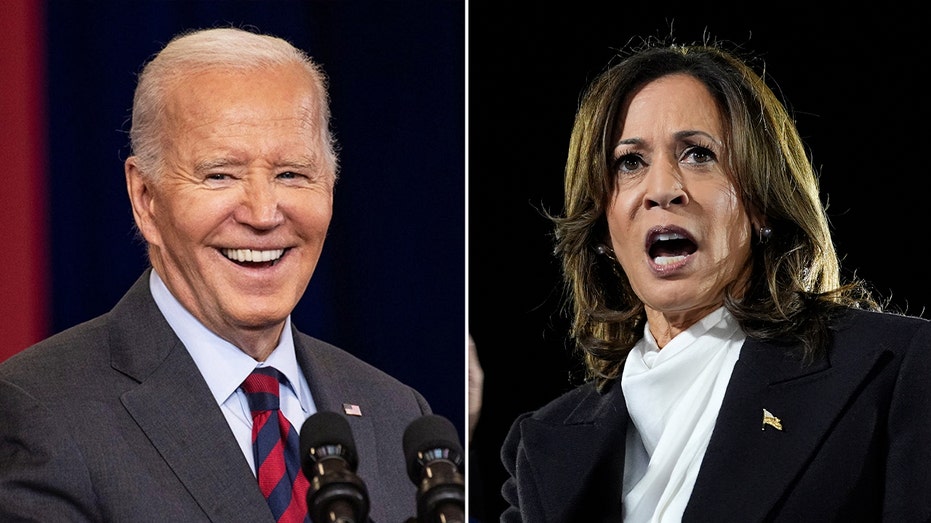
This article was originally published on American Conservative. You can read the original article HERE

To many of his contemporaries who approach writing as an act of creative exertion rather than just a vehicle for transmitting thoughts, an act of self-realization and of compulsive assertion of oneself, Christopher Hitchens is understandably something of a cult hero.
Hitchens was born two decades too late to count himself among the Cold War greats—Buckley, Muggeridge, Vidal, Updike, Mailer, and others—but could turn a phrase with the best of them. His provenance in a younger generation did not impede his ability to produce some of the crispest, most lucid prose authored in the modern English language, but it did provide him with a novel frame of political reference. He cut his teeth not on the bipolar U.S.–Soviet competition, which had progressed well past its denouement by the time he entered his prime as a published writer, but on the 1990’s transition to a world where Western-led institutions seemed to be the only game in town.
Hitchens’s views on religion, international politics, and the interplay between the two germinated in that garden of Western triumphalism. He was, to his credit, inoculated against the most zealous paeans to unipolarity, pithily dismissing Francis Fukuyama’s end of history thesis as “self-congratulation raised to the status of philosophy.” Yet he always nurtured a complementary strain, friendly if not identical to neoconservative militant manichaeism, that sadly overtook him after the events of September 11 and the invasion of Iraq.
His approach to the Iraq disaster was anything but that of a reluctant fellow traveler, roped into an uneasy acquiescence after many a sleepless night. To the contrary, as Hitchens later confessed, he “felt exhilarated on the eleventh of September” and is only “slightly ashamed to say that.” The tragic events of September 11 posed, in Hitchens’s anti-religious cosmology, a kind of Pearl Harbor moment; the theocratic-fundamentalist threat to civilization revealing a ghastly visage, its malice billowing from the rubble of the Twin Towers. And thus the battle lines were drawn, in a way that Western leaders could no longer paper over, in a world war between good and evil, or liberal-democratic secular humanism versus the authoritarian forces of backward fascist fundamentalism. “I thought, ok, right, I’ll never get bored of fighting against these people, and their defeat will be absolute,” Hitchens recounted.
Some of the Iraq War’s more apologetic proponents have since conceded the point, which seems obvious in hindsight but was tragically lost on many at the time, that that there was no salient connection between Iraq and those despicable attacks, and that the War on Terror has led U.S. Middle East policy down a decades-long march of folly from which American security and strategic interests have still not recovered, if indeed they ever can. But Hitchens, true to his brand if nothing else, doggedly resisted any such exercise in expiation.
His defense of the Iraq War drew on all the neoconservative stations of the cross with a vim and vigor that only strengthened in the years following the invasion. “A much-wanted war criminal was put on public trial,” Hitchens wrote. “The Kurdish and Shiite majority was rescued from the ever-present threat of a renewed genocide. A huge, hideous military and party apparatus, directed at internal repression and external aggression was (perhaps overhastily) dismantled… Not unimportantly, a battlefield defeat has been inflicted on al-Qaida and its surrogates, who (not without some Baathist collaboration) had hoped to constitute the successor regime in a failed state and an imploded society.” Hitchens concedes all kinds of missteps along the way, but maintains none of them can impeach the venture’s fundamental necessity and nobility. The Bush administration’s most serious mistake, he insists, was that it should have invaded Iraq much sooner.
There is, to be sure, an obvious contrarian streak coloring his professional career. Hitchens was an inveterate oppositionist, always defining himself against the consensus. Hence his lifelong crusade against all religions, matched in passion and intensity only by his later crusade against the Clintons; hence the gleeful iconoclasm with which he ran a red pen through the legacy of “hell’s angel” Mother Teresa, though one may say she got off light compared to “thug, crook, liar and murderer” Henry Kissinger. Why, after all, bother reaching for low-hanging fruit? Any professional contrarian would tell you that the jabs are always wittier, the retorts sharper, the cases more elegantly argued, when cutting against the grain; or, as Hitchens put it to a none-too-amused audience during a late-night show appearance, there comes a point when joking for the hundredth time about George Bush’s intelligence says more about your own than it does about his.
It is true that the leading faces of American intelligentsia—academia, journalism, literature and the arts, etc.—had sharply turned against the war effort, much like they did during U.S. involvement in Vietnam, for reasons Hitchens dismissed as frivolous and myopic, if not downright contemptible. Under the circumstances, there would have been something distinctly un-Hitchensian in letting this popular consensus go unchallenged; it would have been contrary to his nature as a public intellectual, akin to a fox reacting with disinterest to an unguarded henhouse. And it must be stated, lest he be falsely accused of rank opportunism, that his stance on Iraq remained remarkably, even perfectly consistent all the way through his passing in 2011.
What’s noteworthy isn’t that Hitchens was wrong on Iraq, but that he was wrong for all the reasons that the neoconservative mandarins of his time wanted to be right. Here was a bona fide man of the left, a self-described Trotskyist with all the activist credentials to boot, defending the Iraq debacle—or, in Hitchens's preferred phrasing, the “Anglo-American intervention in Iraq” and, when he’s playing to an audience, “the Mesopotamian War”—with some of the finest prose ever authored on the issue. Hitchens consecrated the war on terror as a chiliastic civilizational battle in terms that would be familiar to Americans today, and with many of the same figurants. “Who says [Bush] wasn’t right to call that an axis of evil? Everything we found about these countries is much worse than we thought,” Hitchens said in a 2005 address, referring to the Bush administration’s bundling of Iran, Iraq, and North Korea as enemies of the United States.
His conviction that the West must secure a “military victory over the alliance between autocracy and jihad,” while shaped on the contours by his approach to the whole topic of religion, is in essence indistinguishable from countless other neoconservative formulations of the same underlying belief that international politics is a battle to the death between incompatible value systems, and that the energies of Western civilization must be directed with unyielding focus toward vanquishing the world’s many evildoers.
Subscribe Today
Get daily emails in your inbox
The intent behind this intellectual excavation is not to argue with Hitchens about the Iraq war, much less to nitpick his reasons for supporting it. The goal, rather, is to offer a more nuanced understanding of why he believed the things he did, as strongly as he did. A great many of Hitchens’s detractors, and a few allies, have tried to account for what is sometimes referred to as his “transformation,” as if to find that moment where it all went wrong, or, conversely, when he finally saw the light. This is an entirely false premise, built on a failure to recognize the teleology running through his career.
Hitchens’s work never presumed, and indeed, was explicitly arrayed against, a postmodern or relativized outlook on questions of good and evil. To the contrary, his affiliation with neoconservatism was a byproduct of his crusade to rid the world, one intervention at a time, of what he condemned as a backwards, repressive, authoritarian ethos that has taken root in much of the non-Western world. It was not a repudiation but a natural extension of his earlier Trotskyite views, adapted to the post-Cold War consensus that the U.S. can and should project its outsized influence to shape, and if needed, bend the world according to the universal dictates of liberal democracy.
It remains a black mark on Hitchens’s legacy that he energetically acquiesced to this crusader-state model of American power and remained resolute in his support even after witnessing its heavy toll at home and abroad. Merely being one of his generation’s greatest writers did not suffice; he labored with Stakhanovite intensity to become neoconservatism’s most eloquent defender. It's an honorific sure to rouse everything from furious consternation to rapturous delight, depending on one’s point of departure, but never indifference. Hitchens wouldn’t have had it any other way.
This article was originally published by American Conservative. We only curate news from sources that align with the core values of our intended conservative audience. If you like the news you read here we encourage you to utilize the original sources for even more great news and opinions you can trust!










Comments